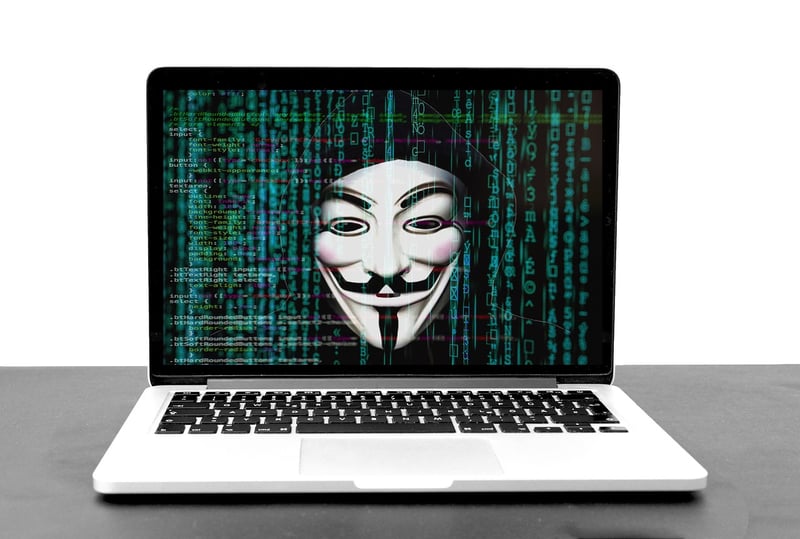Classified Information
The Importance of Handling Classified Information with Care
Classified information is sensitive material that, if disclosed, can pose a threat to national security, individual safety, or corporate well-being. It is crucial to handle such information with the utmost care and attention to prevent any unauthorized access or leakage.
Why is it Important?
Classified information often contains details about military operations, government policies, trade secrets, or personal data that must be protected from adversaries or competitors. Any compromise in handling this information can lead to severe consequences, including security breaches, financial losses, or endangering lives.
Best Practices for Handling Classified Information
- Limit Access: Only individuals with the proper security clearance should have access to classified information.
- Secure Storage: Store classified documents in locked cabinets or safes when not in use.
- Encryption: Use encryption methods to protect electronic files and communications.
- Disposal: Shred or destroy classified materials using approved methods when they are no longer needed.
- Training: Provide regular training to employees on handling sensitive information and cybersecurity practices.
Consequences of Mishandling Classified Information
Failure to handle classified information properly can result in legal action, loss of reputation, and damage to national security. Individuals or organizations found guilty of mishandling classified information may face fines, imprisonment, or exclusion from future projects.
Conclusion
Handling classified information with care is not only a legal obligation but also a moral responsibility. By following best practices, staying informed about security protocols, and being vigilant in safeguarding sensitive data, individuals and organizations can contribute to a safer and more secure environment for everyone.

For more information on handling classified information, visit FBI's Handling Classified Information Guidelines.
